Earth
-
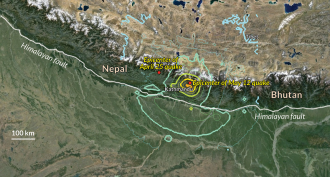 Earth
EarthMajor new quake rattles Nepal
A new earthquake struck Nepal on May 12. Its tremors were centered on a new region.
By Janet Raloff -
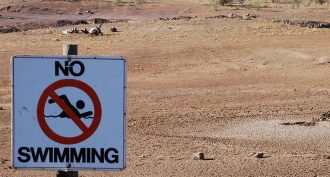 Climate
ClimateWarming’s role in extreme weather
Extremes in temperature and precipitation will be more common as global temperatures rise. Human-led climate change is largely to blame, a new study finds.
By Beth Mole -
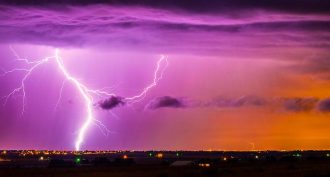 Climate
ClimateCosmic rays offer clues about lightning
Space particles called cosmic rays pelt Earth. Scientists are using the rain of these particles to probe how lightning forms.
By Andrew Grant -
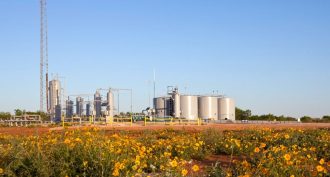 Environment
EnvironmentScientists Say: Fracking
Liquid fuel sources such as natural gas and petroleum form deep underground between layers of rock. To retrieve them, engineers often use a technique called hydraulic fracturing, or fracking.
-
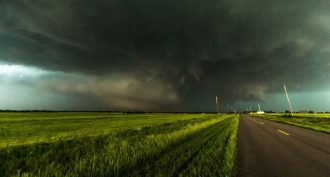 Brain
BrainTwisters: Can warning people too early backfire?
If people think they have enough time to flee a tornado, they may try to drive away, information shows. This could leave them stuck in traffic — with no protection — when the storm does show up.
-
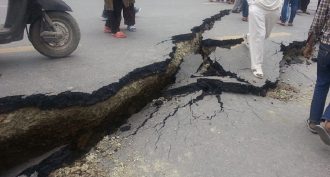 Earth
EarthNepal earthquake offers hints of worse to come
The magnitude 7.8 earthquake that crumbled much of Nepal’s capital city could be overshadowed by larger future earthquakes along the Himalayas, scientists say.
-
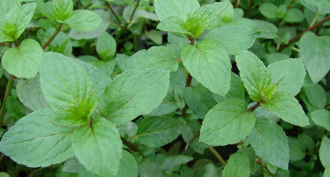 Environment
EnvironmentNews Brief: Smokin’ plants
A new study points out how some herb teas and spices could have accidentally picked up nicotine from the smokers working around them.
By Janet Raloff -
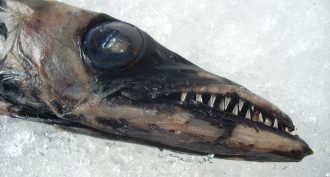 Environment
EnvironmentDeep-sea fish show signs of exposure to pollution
A new study suggests deep-water fish may have health problems linked to human pollution. Eating these fish may expose diners to the same pollution.
-
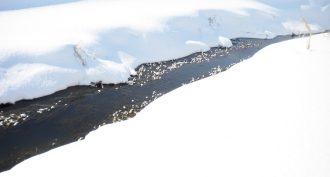 Agriculture
AgricultureDitching farm pollution — literally
An Indiana project shows how fighting fertilizer runoff can save farmers money, protect wild habitats and prevent harmful algae blooms.
-
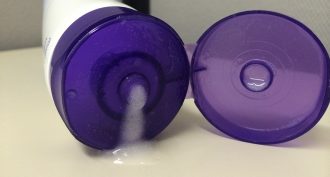 Environment
EnvironmentScientists Say: Microplastic
Bits of plastic smaller than five millimeters are called microplastics. They can end up in the ocean, where corals might mistake them for food.
-
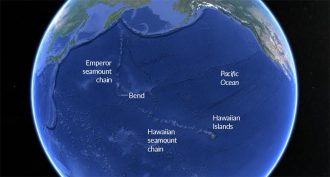 Earth
EarthWhat sent Hawaii’s mountain chain east?
A single shaft of spewing hot rock created an enormously long chain of mostly undersea mountains in the western Pacific. That chain takes an unexpected eastern curve. The reason, scientists now think, may be a gobbled-up tectonic plate.
-
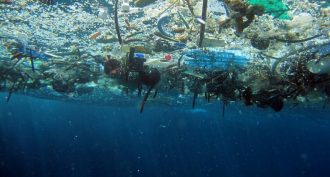 Environment
EnvironmentTiny plastic, big problem
Unsightly plastic bottles, bags and other trash give just a hint of the largely unseen problem of plastic pollution. Scientists have found tiny bits of it throughout the ocean. The bad news: Sea life can’t tell the difference between plastic and food.